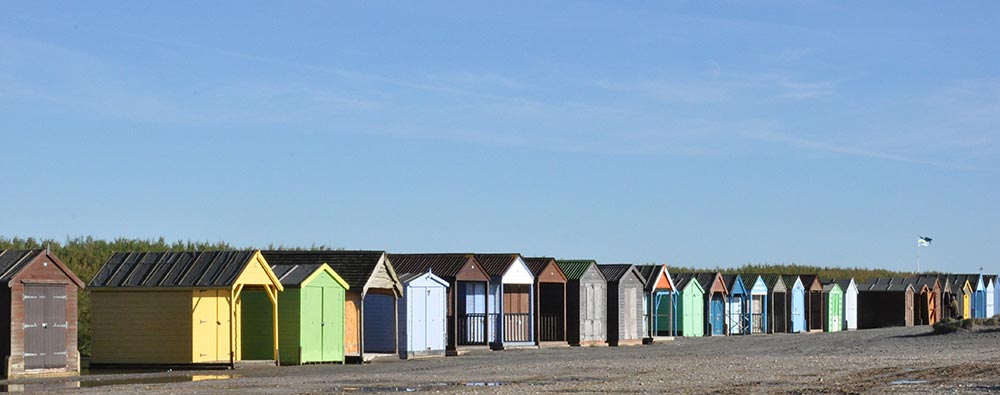East Head Coastal Issues Advisory Group Terms of Reference
Aims
To implement strategic, long term and sustainable coastal defence policy for the Area of East Head at the entrance to Chichester Harbour and the adjoining or potentially affected frontages by:
- Advising on and overseeing the implementation of Adaptive Management Programme for East Head.
- Developing and overseeing the implementation of schemes arising from the strategic programme.
- Obtain funding for schemes
- Monitoring progress of such schemes.
- Participating in reviews and revisions of the strategy.
- Be aware and consider broader issues regarding ICZM
To promote a co-operative and co-ordinated approach to management of this frontage by:
- Utilising shared knowledge and experience to jointly clarify issues, resolve mutual problems and agree outcomes.
- Liaising closely with stakeholders on all coastal issues.
- Ensuring that the DEFRA is fully involved with future proposals.
- Involving other organisations or commissioning extra analysis and reporting where the group agree this could contribute to matters raised.
- Helping to develop coastal monitoring programmes and sharing results.
Background
Adaptive Management was identified as being a viable approach by the East Head Working Group, which met to discuss policy options for managing the coastal frontage at East Head and West Wittering as a result of the 2006 consultation. The aim of this approach can be defined as follows
‘The aim of Adaptive Management will be to preserve the social, economic, environmental, navigation and amenity value of East Head to the community for the life of the Strategy. The emphasis will not be on trying to lock the feature in its present size, shape and location, nor should it be encouraging orientation in a pre-determined direction’
The Working Group was constituted by representatives of interested parties in the area. This Group helped define the Adaptive Management approach for inclusion within the draft Pagham to East Head Coastal Defence Strategy (PEHCDS) which will undergo public consultation after Easter 2008.
Objectives, Constraints, Triggers & Actions
(As agreed at Working Group Meeting on 22nd October 2008)
- Objectives
- Consider flood risk to West Wittering residents
- Sustain economic/environmental/recreational interest of East Head
- Avoid adverse impacts on navigation in Chichester Harbour
- Support economic/commercial activities in West Wittering and Chichester Harbour
- Ensure common understanding
- Communicate that common understanding to as wide a group as possible
- Constraints
- Climate change (sea level rise, increased storminess)
- Supply of sediment
- Legal and regulatory obligations
- Sustainability (working with nature and time frames)
- Public opinion/acceptance
- Money (availability of funding)
- Complexity of coastal processes
- Uncertainty and risk
- Triggers for action
- Significant change to system
- Structural degradation
- Health and safety concerns (including collapse of structures)
- Environmental degradation
- Adverse impact on navigation
- Increased risk of flooding to West Wittering
- Changes in legislation
- Possible actions
- Do nothing
- Further analysis
- Dredging
- Beach recharge/recycling/management (including sand trapping using relocated marram grass or catch fencing).
- Repair/removal/re-alignment of beach structures
- Erosion protection (e.g. rock, timber, geotextile etc)
- Inland flood embankments
Membership
The membership shall adopt the following framework of the Advisory Group.
Working Group:
Chichester District Council (Chair – as Coast Protection Authority)
Chichester Harbour Conservancy
Environment Agency
National Trust
Natural England
West Wittering Estate
West Wittering Parish Council
Cakeham Manor Estate
F G Woodger Trust
The following be invited to attend the Advisory Group meetings as observers:
Havant Borough Council,
West Sussex County Council
The membership of the Advisory Group is representative of landowners, democratic representatives, key funders and relevant statutory agencies.
Meetings
Advisory Group should meet quarterly or at such greater frequency as may be necessary to deal adequately with the business of the group.
Funding
The Advisory Group shall agree and contribute equally to an annual fund for the groups administration and meeting room hire charges.
The funding arrangements for the procurement of group projects and technical studies shall be discussed and agreed by Advisory Group members. This may or may not involve a single party acting as financial “Lead Authority”. Initially, national funding will be sought through the Defra Project appraisal system but if unsuccessful, local funding will be fully investigated.
Outcomes
The Advisory Group will deliver an implementation plan, including a timetable for delivery, which will be subject to revision from time to time in response to agreed triggers. Decisions shall be taken by consensus.
Agreement
The following organisations have agreed to participate in the East Head Coastal Issues Advisory Group and approve the above “Terms of Reference”:
| Signed | Name and Designation | On Behalf of |
| —————————- | ———————————————– | Chichester District Council |
| —————————- | ———————————————– | Chichester Harbour Conservancy |
| —————————- | ———————————————– | Environment Agency |
| —————————- | ———————————————– | National Trust |
| —————————- | ———————————————– | Natural England |
| —————————- | ———————————————– | West Wittering Estate plc |
| —————————- | ———————————————– | West Wittering Parish Council |
| —————————- | ———————————————– | Cakeham Manor Estate Ltd |
| —————————- | ———————————————– | FG Woodger Trust |
January 2013
